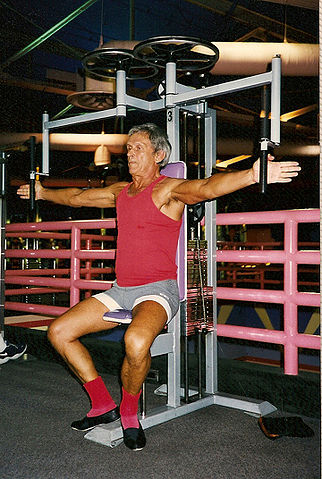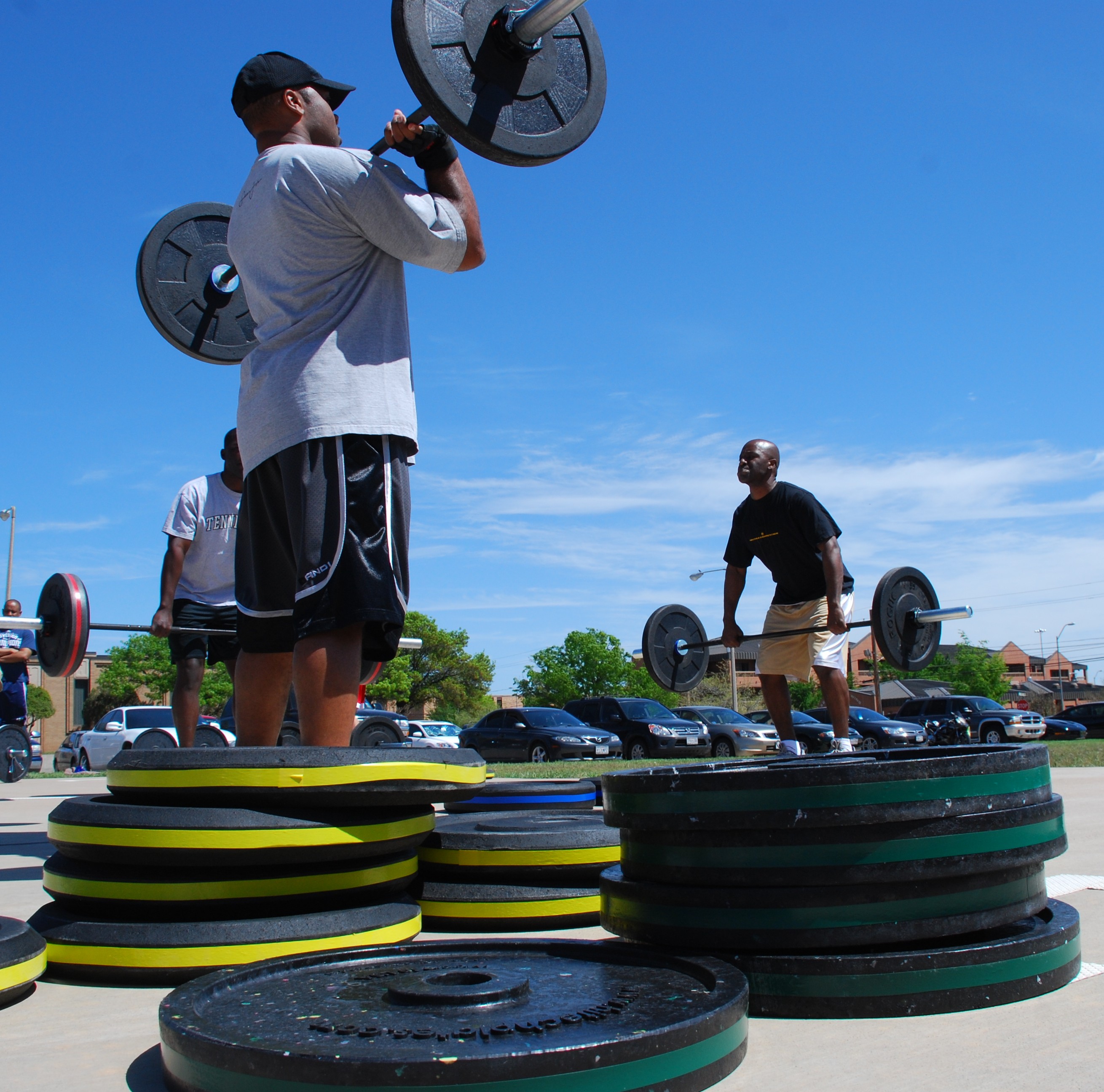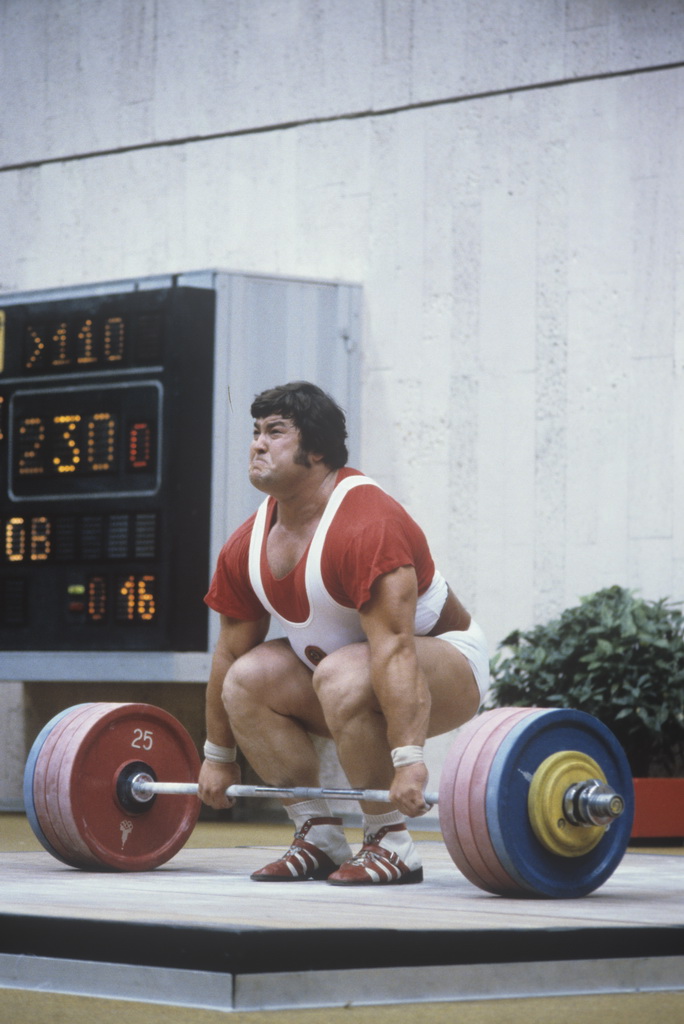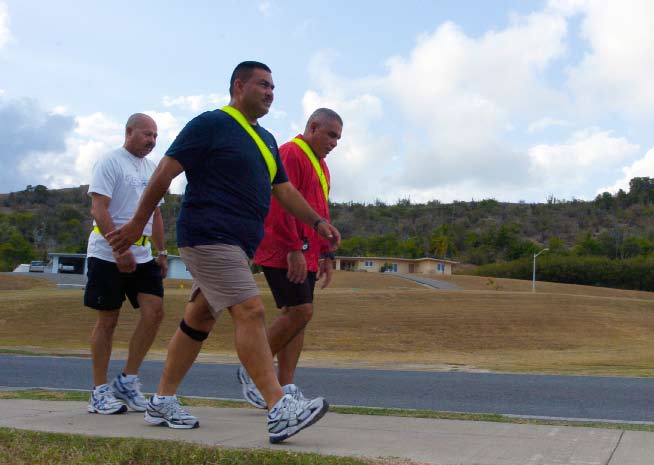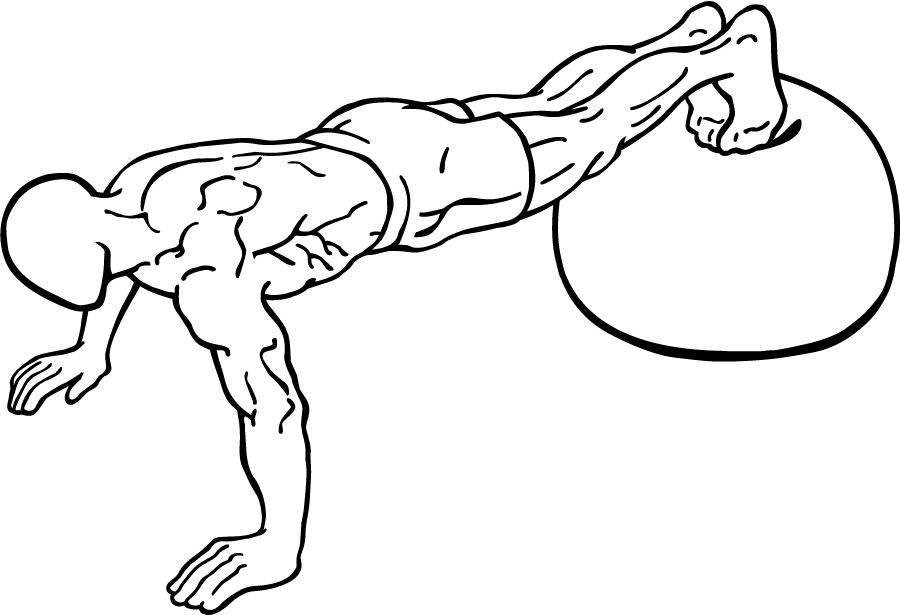If you are a typical broke college student or recent graduate, then you certainly do not have any extra money to throw around. And for those of us concerned about working out and keeping healthy, there is one huge additional expense that eats into our food budget: supplements.
Come on, you are already paying through the nose for tuition, books, and room and board. You do not need to keep paying more than you should for these big name-brand supplements. Do not sacrifice your monthly or weekly food budget any more, forcing yourself to live on ramen noodles and that famous protein pill that you just have to have.
Did you know that most nationally-known big-brand supplements cost a lot more than they need to? A large portion of the product prices are based on the flashy packaging that you see in the stores and the magazine ads which are meant to catch your eye. Well, who do you think pays for all that? You do through higher prices.
Beating the System:
The first step to getting around the seeming monopoly of these big brands is to step back and consider what you really need. It might not be as easy to do as it seems, especially since the big supplement companies have been brainwashing you into thinking that you really NEED their stuff. A solid research tool is the site Examine.com. Spend a little bit of time here and you will have a much clearer idea of what you ultimately “need” in terms of supplementation. It will most likely be a lot less than you thought.
After doing this research, let’s say you have decided to buy beta-alanine, creatine monohydrate, and bulk caffeine powder. It should also be pointed out here that the powder versions tend to be the most economical. You not only end up spending less money on a cost per use basis, but you generally get a lot more product as well. Sure, it is a little less convenient to actually take an extra couple seconds and mix this up in a blender or by hand, but the significant savings are certainly worth it.
Your Supplement War Chest:
The first supplement you decided upon was Beta-Alanine. This is a non-essential amino acid which is a hybrid between powerful neurotransmitters L-glycine and GABA. When it is consumed as a dietary supplement, beta-alanine is transported into your skeletal muscles through the use of sodium and chloride. Once it enters into the muscle, it binds with the essential amino acid histidine and forms the dipeptide carnosine. Without getting overly technical, by increasing the muscular concentrations of carnosine, it helps to fight off muscular fatigue. This fight allows you to train harder and longer before getting tired.
The second supplement chosen was bulk creatine monohydrate powder. Creatine is one of most well-researched supplements around and it just plain works. Creatine helps to increase the body’s ability to produce energy. This energy is transported directly into the working muscle cells, which allows you to train harder, longer, and even more often. You will likely find yourself being able to lift an extra rep or two, or add 5 more pounds to the bar.
The third supplement you are using is bulk caffeine powder. Of course everyone knows that coffee and tea have naturally-occurring amounts of caffeine in them. But as a supplement, caffeine powder is actually quite useful and effective. This usefulness includes being able to increase the capacity of a workload someone can handle and building extra muscle fibers. These increases will allow you to have more energy, work out more intensely, have increased alertness and endurance, and improve your concentration. Many people will also see an increased uptake of oxygen and it can help to spare glycogen usage.
Give these a try and we think you will find out very quickly that you can still have some money left over for other things. Things like eating and paying for school!


